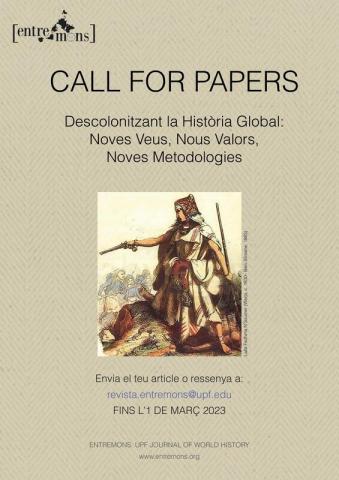
Colonialism and the impacts of colonisation have long become an object of public debate. A recent example is a controversy raised by Bruce Gilley’s academic article 'The Case for Colonialism' (2017). In the last decade, social historians, archaeologists, and anthropologists have increasingly focused on the 'history from below.' It has brought up new perspectives and expanded the scope of historical research, addressing the ‘silences of the past’, to use Michel-Rolph Trouillot’s words. Scholars focusing on the Global South have developed new lines of investigation that focus on coloniality, epistemic extractivism (Ramón Grosfoguel) and memory. These studies have shifted our gaze and developed flourishing fields of research founded on subaltern studies (Gayatri Spivak, Ranajit Guha), the concept of négritude (Aimé Césaire, Frantz Fanon), postcolonialism (Edward Said) or the de-colonial shift (Aníbal Quijano, Rita Segato, Silvia Rivera Cusicanqui).
By reflecting on colonialism and its consequences, we can deepen our understanding of ourselves and current societies. This issue aims to contribute to the historiographical debates on colonisation and decolonisation, and their impacts on (post)colonial and (post)imperial territories, cultures, and minsets.
Suggested topics:
- Power and colonialism
- Anti-colonial resistance movements
- colonial heritage, memories and legacies
- gender and colonialsm
- material culture
- "race" and nation
- decolonisation and imperialism
- coloniality
We invite you to send us your article or review to: revista.entremons@upf.edu
Deadline: March 1st 2023
More information about formal aspects of the contribution: www.entremons.org
Contact (announcement)
